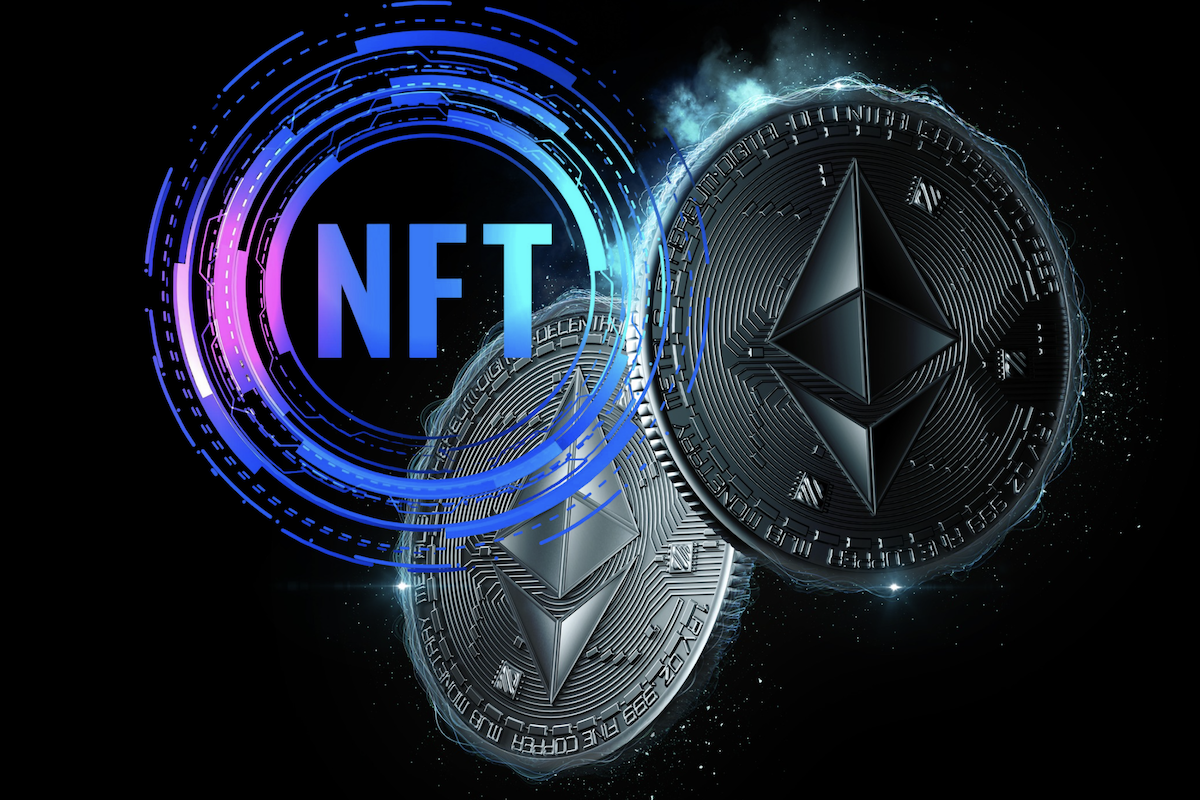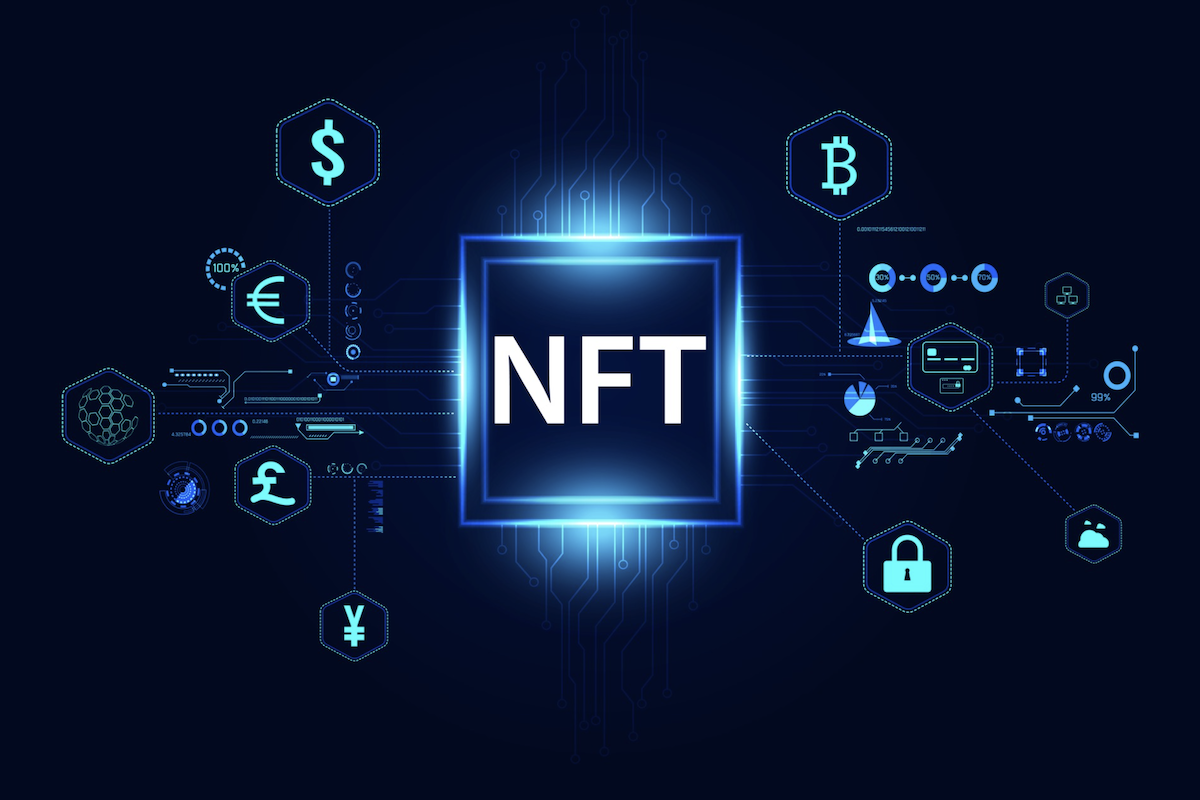Gen Z can't get enough of NFTs and Cryptocurrencies
Generation Z are starting to adopt digital assets on a mass scale. Learn why and how these Zoomers are embracing Web3 tech.

NFTS and Crypto-assets offer attractive opportunities for ‘Zoomers’ - the digital Generation Z poised to take over the global trade and usage of digital assets. However, in a currently unregulated and often risky space - these young trendsetters need to be careful.
FOMO?
When we consider the technology behind crypto assets, it comes as no surprise that Gen Z or ‘Zoomers’, that is anyone born after 1996/97, are the generation best placed to adopt a new class of digital assets. Crypto and NFT trading are rampant among Gen Z, often because entry barriers are low and the rise in digital ownership and P2E games creates enticing prospects for a young and tech-savvy generation.
Nowadays, all a person needs is a smartphone, some funds, and enough time to begin trading crypto assets, including cryptocurrencies and NFTs. The future is digital, and it doesn’t take long to figure out that crypto assets’ pioneering and decentralized nature seems an attractive prospect to this young generation.
In reality, a considerable amount of Crypto and Web3 assets are geared toward this generation of people. Web3 and NFTs are built with Gen Z in mind and rightly so. Why? Because 'Gen Z' is the future - they are the ones to drive the Web3 and Metaverse era forward, and they’ll be the ones making it better when older generations are still trying to figure it out.
Gamification of Crypto assets
For many Zoomers, games are their entry into the NFT space; Play-to-Earn games offer young gamers the chance to earn real cash from playing video games - something Zoomers, many of whom have grown up in an online world, have dreamt about.
Generation Z doesn't want to work a 9-5 job, the daily grind, wearing corporate outfits and commuting to work in traffic. Blockchain games allow everyone to work from home or travel the world while playing games and, in many cases, earning a decent living.
Earning that living from playing P2E games like Axie Infinity has become a reality for many Zoomers, as it serves as a ticket out of poverty for those living in low-income countries. In countries like The Philippines, Nigeria, Colombia, and more, playing NFT games can earn young people more than they would make working “regular jobs,” and that’s if they can get regular jobs as youth unemployment is a big issue in low-income countries.
Play-to-earn games have grown in popularity since the beginning of the pandemic, and when you have a generation of people that grew up playing video games, it’s only natural for them to make the leap to blockchain and NFT games.
Of course, the growth of crypto assets among zoomers isn’t without worries.
Double-edged sword
The constant increase of young people entering the Web3 space can be a blessing or a curse for Zoomers, depending on how companies and the industry harness the emotions and risk tolerance of young people in the space.
Unfortunately, platforms like Instagram and TikTok have been a hotbed of “finance influencers” who give bad and sometimes illegal advice to unsuspecting Zoomers.
People have lost their life savings while others have gone into debilitating debt due to poorly thought finance strategies; that’s why it’s important for Zoomers to make the right choices and pace themselves even after making quick and seemingly easy profits.
People born today belong to a generation not even defined yet, and with the technological advancements Generation Z takes for granted - Web3, NFTs, and the Metaverse stand a high chance of being taken for granted in the future too.





